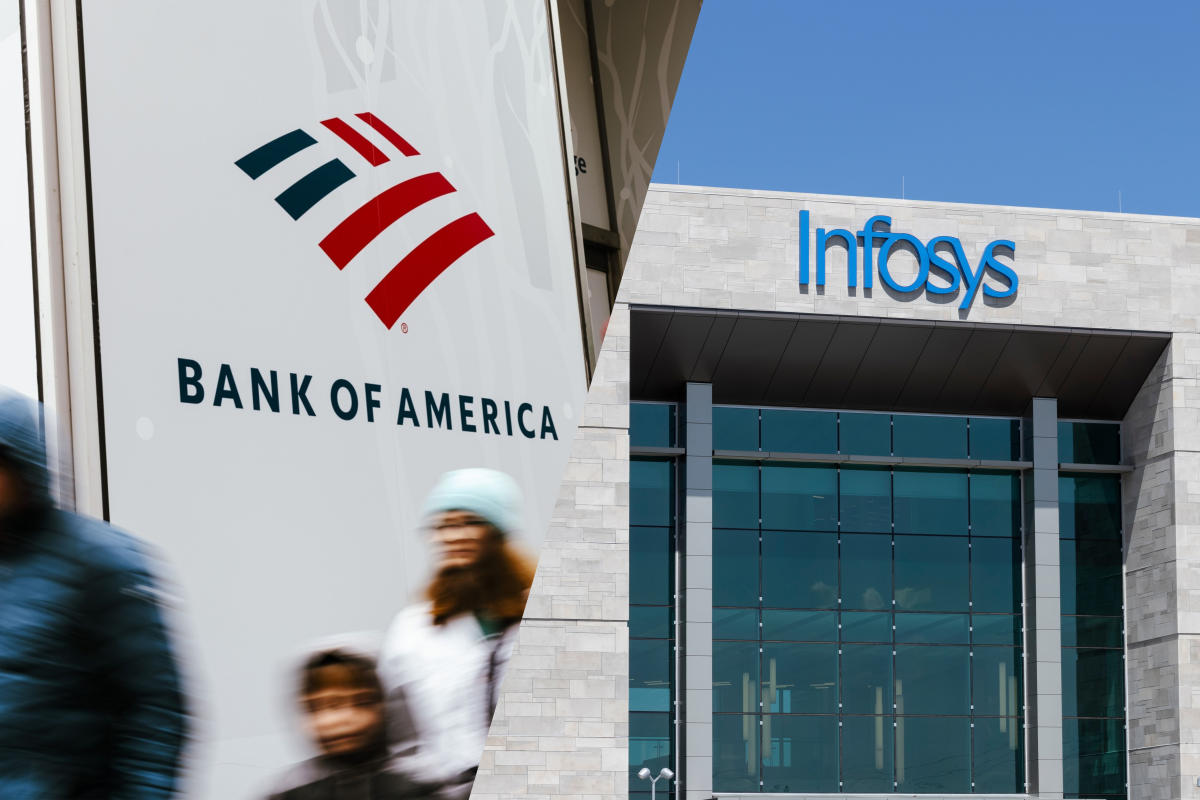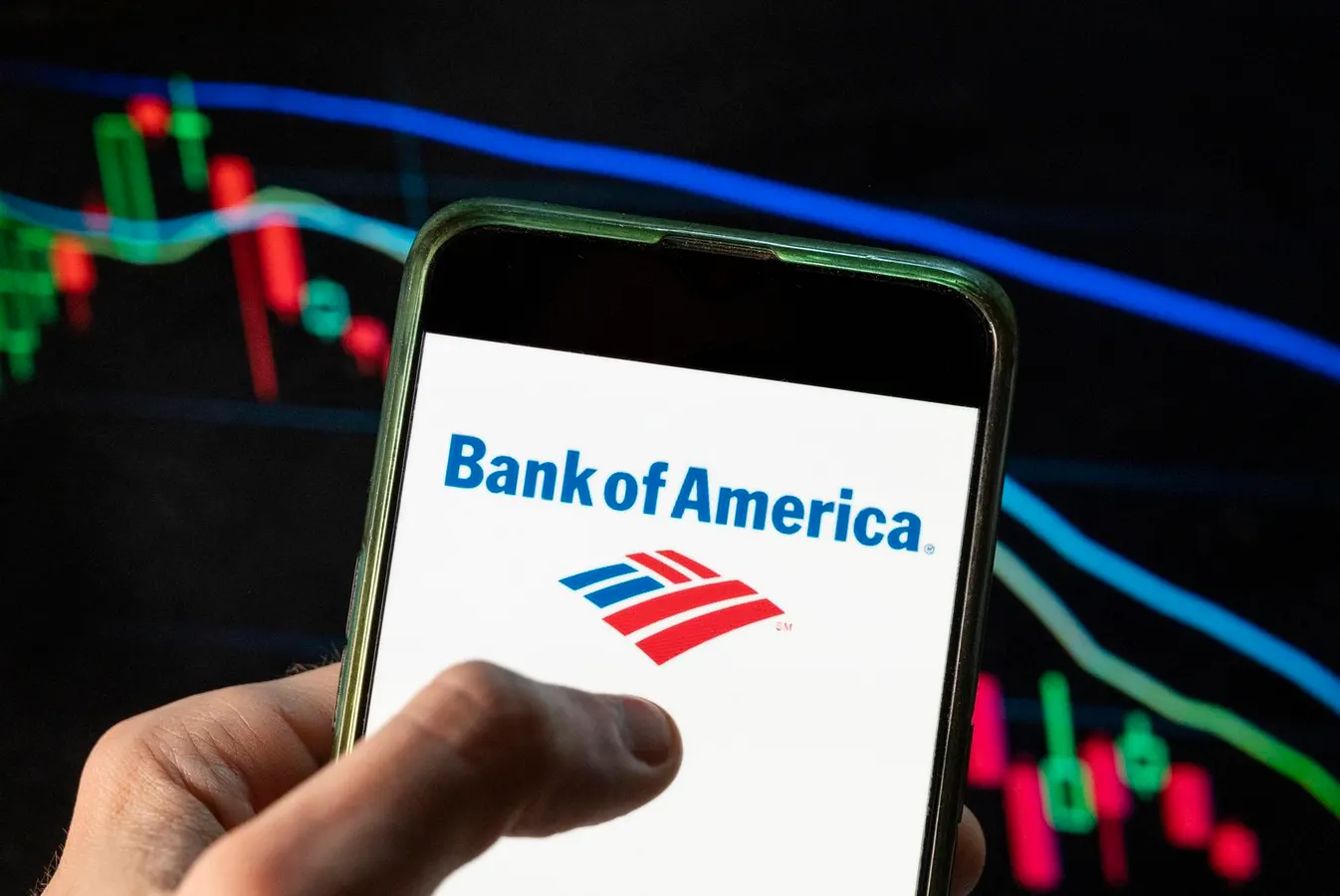In a recent disclosure that has sent ripples through the financial sector, Bank of America has issued warnings to its customers regarding a significant data breach. This breach stems from a cyberattack on Infosys McCamish Systems (IMS), a pivotal service provider to the banking giant.
The incident has left the personal data of numerous clients exposed, raising serious concerns about privacy and financial security.

Bank of America: The Extent of the Exposure
The breach at IMS, which unfolded in late 2023, laid bare a wealth of sensitive customer information. Victims of this security lapse found their names, addresses, social security numbers, birth dates, and even intricate financial details like account and credit card numbers compromised.
This incident has put a spotlight on the ever-present threats lurking in the cyber realm, threatening to undermine the confidentiality that customers place in their financial institutions. Bank of America, a household name with a client base touching the 69 million mark, operates an extensive network of retail financial centers and ATMs across the globe.
The bank’s refusal to disclose the exact number of customers impacted by this breach, coupled with a directed silence towards inquiries, has only fueled speculation and concern among its clientele and observers alike.
The Cybersecurity Event at IMS
On or about November 3, 2023, IMS found itself at the mercy of cybercriminals, with unauthorized access leading to the disruption of specific applications. This event did not directly impinge on Bank of America’s systems, a fact that offers a sliver of relief amidst the turmoil.
However, the breach notification forwarded to the Attorney General of Maine sheds light on the scale of the impact, revealing that over 57,000 individuals were directly affected.
Over 57,000 deferred compensation customers whose accounts are serviced by Bank of America have had their personal data compromised (social security numbers!) due to a data breach at the Indian outsourcing firm BofA outsources to — Infosys.https://t.co/kmloCuNsRV pic.twitter.com/ChCIg90SQZ
— U.S. Tech Workers (@USTechWorkers) February 14, 2024
LockBit Ransomware Gang’s Involvement
Adding a layer of complexity to the incident is the claim of responsibility by the LockBit ransomware gang. This group, notorious for its ransomware-as-a-service operations, alleged that it encrypted more than 2,000 systems in the attack on IMS.
The LockBit gang’s bold assertion, coupled with their history of high-profile attacks, underscores the sophisticated and pervasive nature of cyber threats facing today’s digital infrastructure.
The Broader Impact on Financial Security
This breach is not the first time Bank of America’s customers have faced the specter of data insecurity. Earlier in May 2023, a breach of the MOVEit Transfer platform, managed by Ernst & Young for the bank, compromised additional sensitive information.
Despite these breaches occurring through third-party vendors, they highlight a chain of vulnerabilities that could potentially put millions at risk.

Moving Forward
As Bank of America and Infosys McCamish Systems navigate the fallout of this breach, the focus shifts to mitigating the damage and bolstering defenses against future cyber threats. The incident serves as a stark reminder of the relentless evolution of cybercrime and the need for vigilant, robust cybersecurity measures.
For customers caught in the crossfire of this breach, the path forward involves staying informed, monitoring their financial accounts closely, and adopting best practices for digital security.
Meanwhile, the financial industry at large must take this incident as a call to action to fortify their cyber defenses and protect the trust that customers place in them.

Moving Forward
The data breach affecting Bank of America customers through its vendor Infosys McCamish Systems underscores the intricate web of digital threats facing the financial sector.
As details continue to unfold, the incident highlights the critical importance of cybersecurity vigilance and the collective effort needed to safeguard personal and financial information in an increasingly interconnected world.










